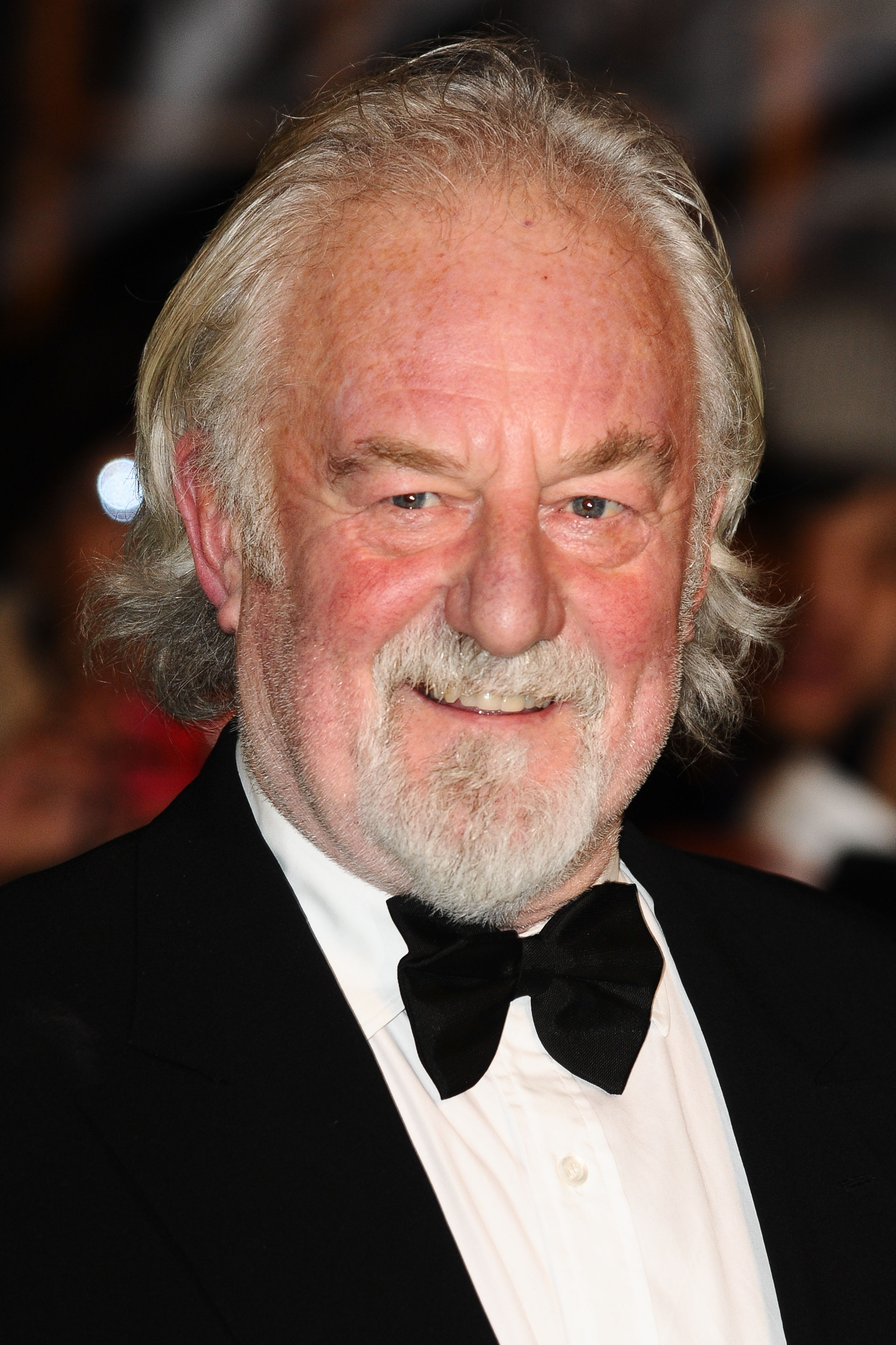News | Friday, 7th July 2023
Inaugural Tourism Places Symposium led by Manchester Met researchers
The inaugural Tourism Places Symposium took place 7-8th June 2023 and was co-hosted by the Institute of Place Management and the Business Transformations and Future Economies Research Centres at Manchester Metropolitan University. It was organised by Prof Tim Edensor, Dr Maarja Kaaristo, and Dr Raoul Bianchi.

The inaugural Tourism Places Symposium took place 7-8th June 2023 and was co-hosted by the Institute of Place Management and the Business Transformations and Future Economies Research Centres at Manchester Metropolitan University. The event was held at the Anthony Burgess Centre and was organised by Prof Tim Edensor, Dr Maarja Kaaristo, and Dr Raoul Bianchi. The symposium brought together leading scholars, practitioners, policy makers, and activists, to discuss the complex challenges facing tourism.
Day 1: The visitor economy and employment
The first day, opened by Dr Rory Shand, focused on the visitor economy. Prof Tom Baum (University of Strathclyde) led with a thought-provoking keynote speech examining the ‘wicked problems’ inherent in tourism's employment challenges. He tackled recruitment and retention issues, the lived experiences of marginalised employees, and how these problems were exacerbated by COVID-19. His call to embrace principles of social justice was a strong reminder of the importance of reframing how tourism employment is approached.
The first panel about equitable and sustainable visitor economies was chaired by Dr Julia Jeyacheya (Manchester Met) and involved discussions about how to build tourism economies that are fair, sustainable, and resilient. Michelle Nourice (Overseas Development Institute), Dr Stroma Cole (University of Westminster), Finlay Asher (Safe Landing), and Karin Eckhard (Espíritu Travel) talked about the practical steps and policies that could move us towards a more equitable and sustainable tourism model: from enhancing local participation in decision-making, to promoting environmentally-conscious travel behaviours.
The second interesting keynote speech by Dr Claudio Milano (Universitat de Barcelona) revolved around the complexities of tourism in urban settings, with a focus on social movements and the Southern European cities that often experience over-tourism.
The second panel about the future of hospitality labour was chaired by Dr Katy Jones (Manchester Met) and addressed the challenges of employment in the tourism industry. The speakers, including Dr Ernest Cañada (Alba Sud, Barcelona), Dr Agnieska Rydzik (University of Lincoln), and Dr Orestis Papadopoulos (Manchester Met) delved into the complexities of tourism labour practices in the UK and beyond. Discussions revolved around the implications of chronic crises and digital transformations on the increasing precarity faced by tourism and hospitality industry workers.
Day 2: Tourist mobilities, emotions and place experiences
The second day of the symposium, opened by Dr Steve Millington (Manchester Met), focused on tourism mobilities and place experience, and began with Prof Tim Edensor’s opening talk on tourism, place, mobilities and emotions. The first keynote speech was delivered by Prof Scott Cohen (University of Surrey) about hypermobility, climate change, and social justice. He examined the unequal distribution of air travel and the climate injustices that arise as a result, igniting conversations about the social implications of hypermobility and the pressing need for sustainable alternatives.
The first panel of the second day focused on tourist mobilities, and chaired by Dr Maarja Kaaristo (Manchester Met), included presentations by Dr Ilze Mertena (Manchester Met), Dr Chris Paling (Manchester Met's Centre for Aviation, Transport and the Environment), and Finlay Asher (Safe Landing), and raised important points about the role of transport in making tourism more sustainable.
The second keynote speech of the day was delivered by Prof Uma Kothari (University of Manchester) who shared an engaging personal narrative about her parents' postcolonial journey from India to Britain in the 1950s. This powerful story provided a rare glimpse into the experiences of non-western travellers touring post-war Britain, showcasing how colonialism influenced their touristic desires and itineraries.
The final panel of the event about dark tourism and affective experience, chaired by Dr Chloe Steadman (Manchester Met), revolved around the range of emotions evoked by tourism places. It featured presentations from Prof Hazel Andrews (Liverpool John Moores University), Dr Philip Stone (University of Central Lancashire), and Dr Erisher Woyo and Dr Erose Sthapit (Manchester Met). The discussion focused on dark tourism, violence in tourism, the emotional experiences and intentions of prospective travellers to distressed destinations, as well as value co-destruction in tourism.
As Director of Business Transformations, Dr Steve Millington noted in his closing speech the lively discussions at this symposium created a platform for not just identifying issues, but also exploring innovative, sustainable solutions to the challenges ahead. It is hoped this symposium will be an annual event to continue discussing how to reinvent tourism to ensure it serves both visitors and local communities effectively and ethically.




